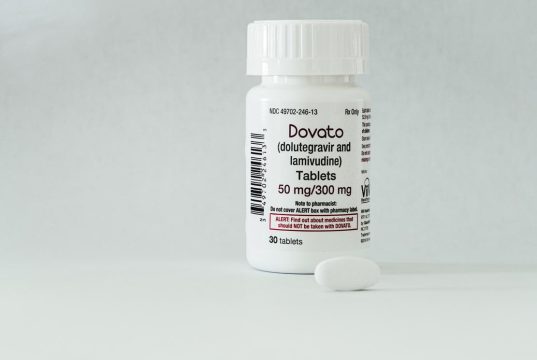Advertisment
FDA Highlights: Meta-analysis suggests statins could prevent dementia and memory loss
by Bruce Sylvester – A new meta-analysis of clinical trials evaluating the use of statin medications to prevent heart attacks suggests that the drugs do not threaten short-term memory and might protect against dementia when used over one year. The findings appear in the Mayo Clinic Proceedings posted online on October 1, 2013
“All medications, including statins, may cause side effects, and many patients take multiple medicines that could theoretically interact with each other and cause cognitive problems,” says Kristopher Swiger, M.D., an author of the study and internist at Johns Hopkins Hospital in Baltimore, Maryland. “However, our systematic review and meta-analysis of existing data found no connection between short-term statin use and memory loss or other types of cognitive dysfunction. In fact, longer-term statin use was associated with protection from dementia.”
As background, the authors noted that changes on drug labels were ordered by the U.S. Food and Drug Administration in February 2012, warning of potential memory problems associated with short-term statin use. But, in this new meta-analysis, the investigators found that statins did not affect short-term memory or cognition. On the contrary, they reported that when the drugs were taken for over a year, the risk of dementia fell by 29 percent.
“Our goal was to provide clarity on this issue based on the best available evidence,” said Raoul Manalac, M.D., internist at Johns Hopkins Hospital and a co-primary author of the study. “We looked at high-quality, randomized controlled trials and prospective studies that included more than 23,000 men and women with no prior history of cognitive problems. The participants in those studies were followed for up to 25 years.”
The researchers initially evaluated 41 different clinical studies, and they narrowed eligibility down to 16 that were most relevant. They did two analyses. In the first, they looked at the impact of short-term statin use and cognitive function including memory, attention and problem-solving. They included studies that used a standard measurement tool known as the Digit Symbol Substitution Test. The second analysis focused on studies in which subjects took statins for over a year; the goal was to identify any correlation with an ensuing diagnosis of Alzheimer’s disease or vascular dementia.
“Because of their effect on arteries to reduce or stabilize plaque, and prevent strokes, it makes sense that statins could be protective in the brain against dementia,” according to senior author Seth Martin, M.D., a Pollin Cardiovascular Prevention Fellow with the Johns Hopkins Ciccarone Center for the Prevention of Heart Disease in Baltimore.
“Vascular dementia is caused by blockages in small blood vessels in the brain that prevent blood flow to certain areas. Medications such as statins that reduce plaque and inflammation in coronary arteries may also be having the same effect on blood vessels in the brain,” added Martin.
Roger Blumenthal, M.D., the Kenneth Jay Pollin Professor of Cardiology and director of the Ciccarone Center, says the findings will be reassuring to many patients. “Statins can be lifesaving medications for high-risk individuals,” says Blumenthal, “but many of our patients became concerned about taking the drugs after the FDA created labeling changes last year. This very robust analysis of the best data available should allay those concerns.”





